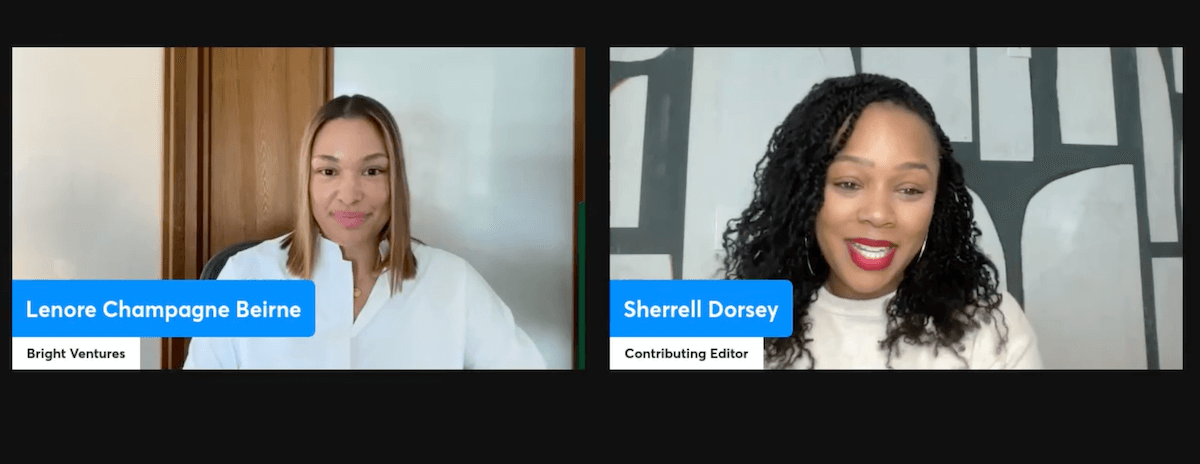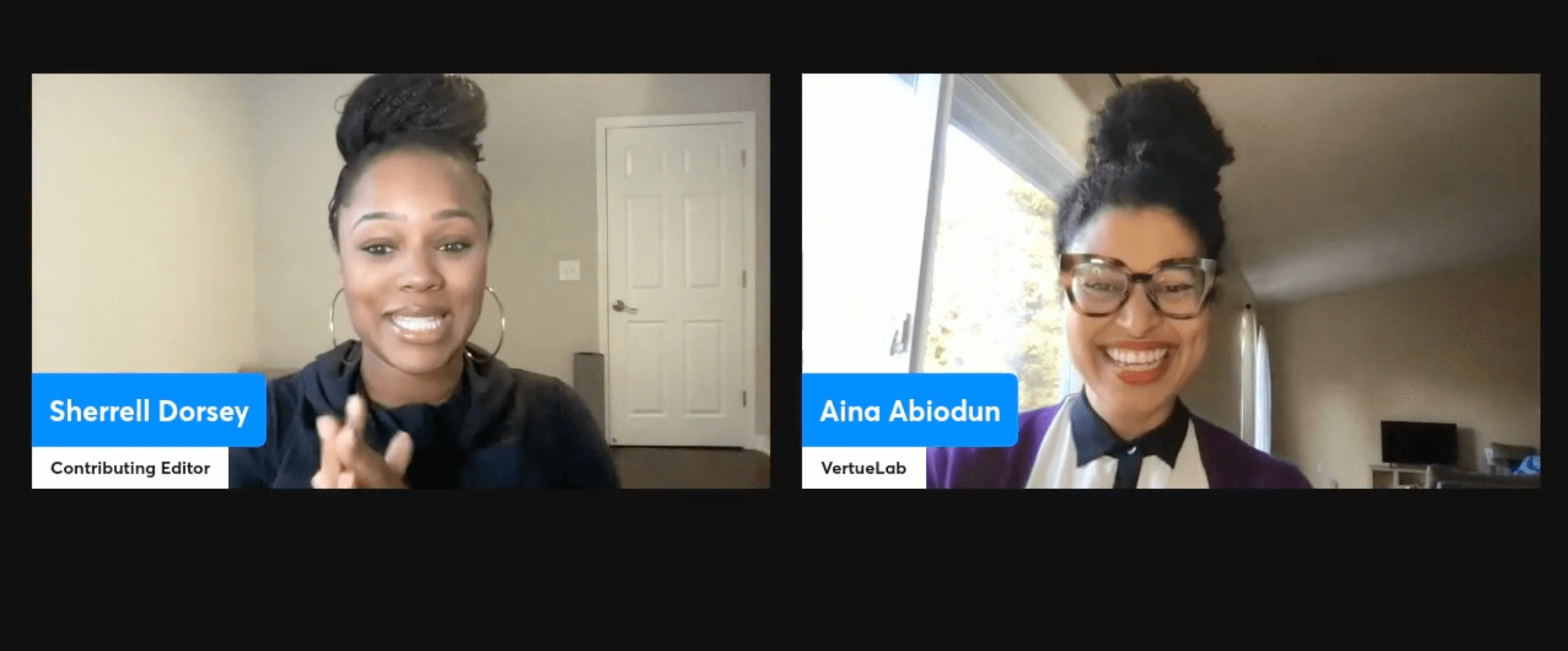The beauty industry, long criticized for its environmental impact, is undergoing a significant transformation toward greater sustainability. One notable development in this shift is the increasing focus on plant-based hair extensions. This move is not only an eco-friendly alternative to synthetic and human hair extensions but also presents a unique opportunity for Black beauty brands to lead the charge in sustainability.
The Rise of Plant-Based Hair Extensions
Traditional hair extensions, whether synthetic or human, have significant environmental footprints. Synthetic hair is primarily made from plastics, contributing to pollution and the global waste problem. Human hair extensions, while biodegradable, often involve complex supply chains that raise ethical and sustainability concerns. In response, the beauty industry is exploring plant-based alternatives made from sustainable materials like bamboo, hemp, and organic cotton. These materials are renewable, biodegradable, and require fewer resources to produce, making them a more sustainable option.
Plant-based hair extensions offer several advantages. They are hypoallergenic, reducing the risk of allergic reactions and scalp irritation—a problem for many women who wear extensions. Additionally, these extensions are often lighter and more breathable, enhancing comfort for the wearer. As consumers become more eco-conscious, the demand for such sustainable products is expected to grow, driving further innovation in this sector.
In this week’s Plugged In conversation, I sat down with Ciara May, founder of Rebundle hair extensions, whose mission is to dramatically reduce the health and environmental disparities in the hair extensions industry. Launched in 2019, the company has since moved its headquarters from St. Louis to New York City to scale and grow its direct-to-consumer and salon distribution sales after having raised $2.2 million in venture capital.
The Opportunity for Black Beauty Brands
Black beauty brands have a unique opportunity to champion sustainability within the industry. Historically, the beauty industry has marginalized Black consumers, often neglecting their specific needs and preferences. However, the rise of Black-owned beauty brands has started to change this narrative, offering products that cater specifically to Black hair and skin needs.
By embracing sustainability, Black beauty brands can further distinguish themselves in the market. This includes adopting eco-friendly practices such as using plant-based ingredients, biodegradable packaging, and sustainable sourcing methods. For instance, plant-based hair extensions can be marketed not only for their environmental benefits but also for their suitability for natural and protective hairstyles that are popular within the Black community.
“It was difficult in the in the beginning, to try to balance the messaging between the health and environmental impact. But what I recognized, in this process of being in market is being a good steward of the environment and being conscientious of your buying power and the choices that you make that impact the environment are table stakes.”
May went on to share that R&D has been illuminating the growth and development of the Rebundle brand, highlighting that access to sustainable hair extensions is also an issue of environmental justice and public health.
Challenges and Considerations
While the move toward sustainability presents numerous opportunities, it also comes with challenges. Developing plant-based hair extensions that meet the high standards of performance and aesthetics expected by consumers can be complex and costly.
For instance, Rebundle charges a premium for biodegradable hair extensions, while cheaper products sold in traditional beauty supply stores can be sold at steep discounts for traditional plastic-based hair.
Thus, May and her competitors are up against a tall order: educating consumers about the benefits of sustainable products and encouraging them to make the switch requires strategic marketing and communication efforts. All of this comes at a cost that many investors, those who aren’t as familiar with Black hair or the $19 billion dollar industry, might not grasp the opportunity to pour into companies like Rebundle.
Black beauty brands, in particular, may face additional hurdles such as limited access to capital and resources needed to invest in sustainable innovations. However, collaborations with other industry stakeholders, such as suppliers, retailers, and environmental organizations, can help overcome these challenges and drive progress.
“I try to be cognizant of that when I’m presenting Rebundle to to investors, or really anyone for the first time. But the numbers don’t lie. It’s a $19 billion global industry. All types of hair extensions, including human synthetic, are now a part of that figure,” explained May.
“There’s ample dollars being spent, with most of the dollars being driven by the US market, because we’re trendsetters. We have disposable income. And then you layer on the African continent and in the diaspora as a whole, all over the world, where getting your hair braided is of cultural relevance, literally, no matter where you are, no matter how old you are.”












